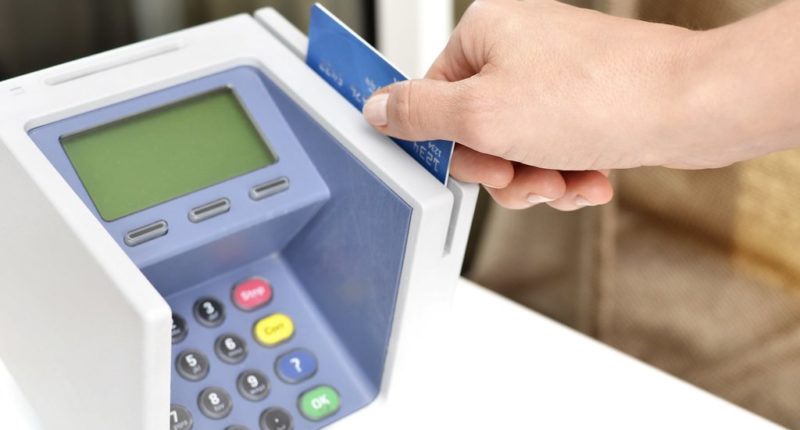Idea Payments Bank, one among the seven who were given licenses by India’s banking regulator RBI in 2016, has decided to shut down operations. The payments bank was owned by a joint venture between business conglomerate Aditya Birla Group and sister company Idea Cellular.
“We will be restricting any further credits (add money) to your account from July 26, 2019,” the bank says in a note to customers, adding that “full and complete arrangements” have been made for return of all deposits.
If you have an account in Adiyta Birla Idea Payments Bank, you can transfer the balance through online, mobile banking or by approaching the nearest banking point. The last date to do so is July 26th, 2019. Customers can also reach out on 18002092265 or write to vcare4u@adityabirla.bank
Payments bank as a concept, has been vociferously promoted by the Indian Government. The idea behind it has largely been to enable rapid digitisation of India’s cash-heavy rural and semi-urban economy and bring those users to the mainstream banking sector.
However, despite the sector seeing massive growth during early 2016 (due to the infamous demonetisation in India) and till early 2018, there has been a steady decline in the overall business. In fact, a grim business environment is what prompted Idea Payments bank to shut shop. The bank’s board informed the stock exchanges on July 19. “The decision has been taken due to unanticipated developments in the business landscape that have made the economic model unviable,” the statement says.
Recent policy decisions have also affected the overall digital payments landscape. The Indian Government, in a bid to further boost digital transactions in the country, announced in Budget 2019 that MDR fees shall be waived off for both consumers and merchants, in cases where a business’ turnover does not exceed 50 crores. However, this waiver hasn’t gone down well with payment providers.
The Payments Council of India, an industry body for payment and settlement systems, said that if not charged to the customers and merchants, MDR should be borne by the government. Deepak Chandnani, chief executive officer, South Asia and Middle East, Worldline, said in the statement, “With the banks being asked to bear the burden of zero MDR, their acquiring profitability will be impacted. It is also likely that banks would in turn try to recover some of this from their non-bank fintech partners, thus negatively impacting all ecosystem players, which are key to drive growth.”
While companies such as Paytm and other wallet providers have welcomed the news for obvious reasons, payment providers have shown their discontent. This discontent has also risen from the fact, that no clarity has been provided by the Indian Finance Minister on who will bear the fees (since there are definite infrastructure costs involved) and which all payment modes are under the ambit of this waiver.
Customers will get definite benefits, but only in a fairly limited number of use-cases. This is because large merchants already charge negligible MDRs on transactions. (you won’t even feel the burden in most cases). They are able to do this since large volumes help in negotiating significantly lower MDRs from payment providers.
The Tech Portal is published by Blue Box Media Private Limited. Our investors have no influence over our reporting. Read our full Ownership and Funding Disclosure →





